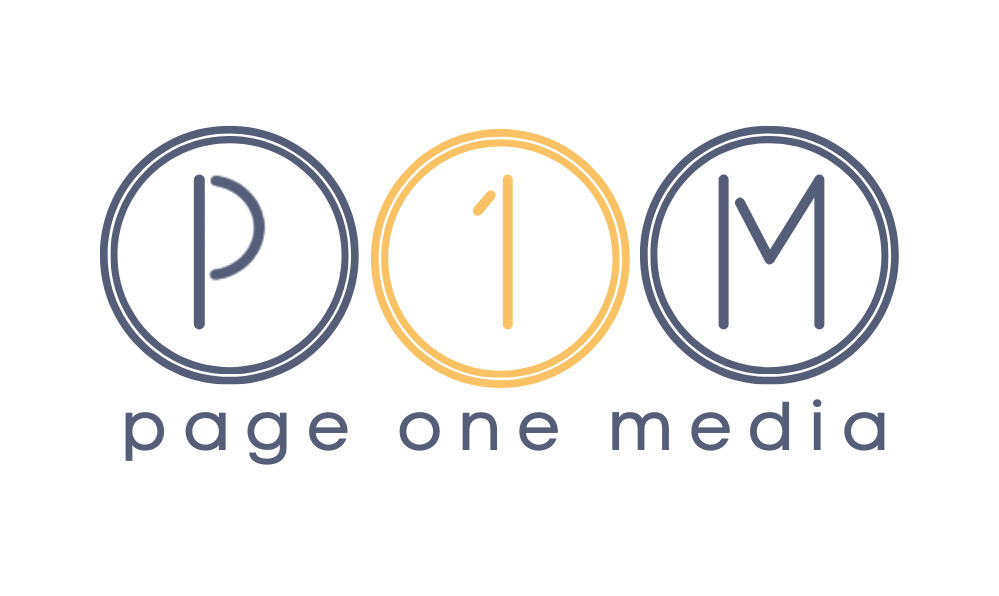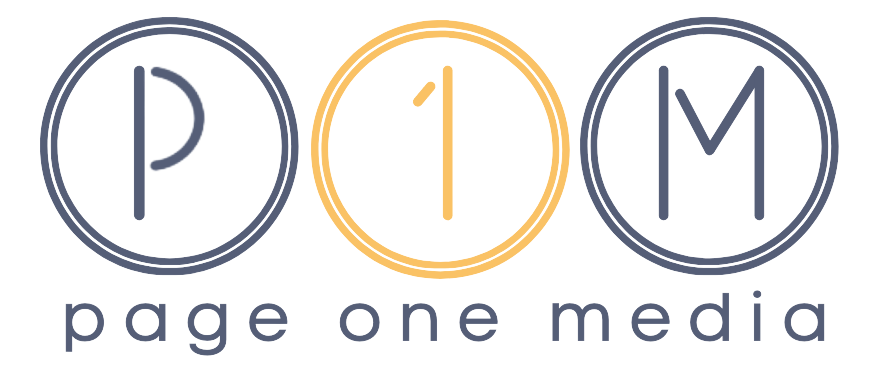
11 Jun SEO: What it is and why it matters to you
SEO (Search Engine Optimization) seems to be one of those words that scares the hell out of people, but honestly, what it is and why it matters to you is not that complicated. The more you know about how it works, the better you can leverage it.
What is SEO?
Search Engine Optimization, in a nutshell, is the process by which you get search engines—like Google and Bing—to show your website when people are searching. So for a small business person, like myself, I want to make sure that my website does certain things effectively that increase the likelihood that Google will make my website visible when people search for things like “publishing consultant,” “book PR,” “social media for historians.” You get the idea.
If you search “Sarah Russo” on google (go ahead, try it, I’ll wait), the first thing Google will bring back for you is Facebook. You’ll get a million “Sarah Russo’s” who have Facebook accounts. The second result is a chef named “Sarah Russo,” not me. The third is my Twitter account (feel free to follow 😊). The fourth is an attorney (also not me) and the fifth is my LinkedIn page. Why doesn’t my website come up, you wonder? Because it’s so new that it ranks low in Google’s SEO rankings. As I blog more here, tag my posts effectively, link to high quality sources, and make sure that my website is optimized for ease of use (among some other thins), it will move up in the rankings. That doesn’t happen overnight.
Why is SEO important to you?
If you’re an author or academic (or anyone really) and you want people to be able to find you and your work online, SEO matters to you. If you have a website with a blog there are plugins like Yoast that can help you optimize your SEO. It will look at the language you use, your tags, even sentence structure and advise you if the SEO quality is poor. SEO analyzers don’t like overly long sentences or the passive voice.
Search engines love content. If you’re not a blogger, that’s okay. Other types of content that search engines crawl and use to increase your ranking:
- Video or audio (did you just give a lecture that was recorded, were you a guest on a podcast? Ask if you can post to your website).
- White papers, journal articles, ebooks, opeds (ask if you can post an excerpt and link back to the full article).
- Social media content (have a Twitter widget on your site).
- Visual content like infographics.
- How-to guides and tutorials.
- Reading lists or a syllabus.
How often you post is also important. So many authors ask me if they should have a website. The answer really depends on what you plan to do with the website. If the answer is, it’s a place for people to find me and my books. That’s really not enough. Your website needs to be your home on the web. A place you interact with and where you interact with others. If your site is a static page with your books, a bio, and maybe some links to reviews you’ve received, that really isn’t enough. That kind of website is the equivalent of a taking out a billboard on the side of the road in Siberia.
The internet is vast, people need to be able to find you and to find you, you need search engines to find you. A website is an investment and it’s not the right option for everyone.
The Takeaways
The most important things to remember about what SEO is:
- Depending on your objectives, you don’t have to have a website. To utilize SEO, create a home on the web that isn’t static and search engines will find you. That can be Twitter, Amazon, LinkedIn, Facebook, Tumblr, your university page (if you can edit it), or a host of others. Find the right place and be active there.
- If you do have a website, use an SEO plugin.
- More posts means more traffic = better SEO. The general consensus is that twice a week is great if you can make that work.
- Regularity is important. Try to post on the same day(s) each week.
- If you have a website, use widgets to feed to the homepage.
- Create a content calendar and try to stick to it. It doesn’t have to be aggressive. Keep it simple.
Additional Reading
If you are planning to start a website, take a look at my post on the legal bits of marketing that you should consider and if you want to know more about social media look here.


